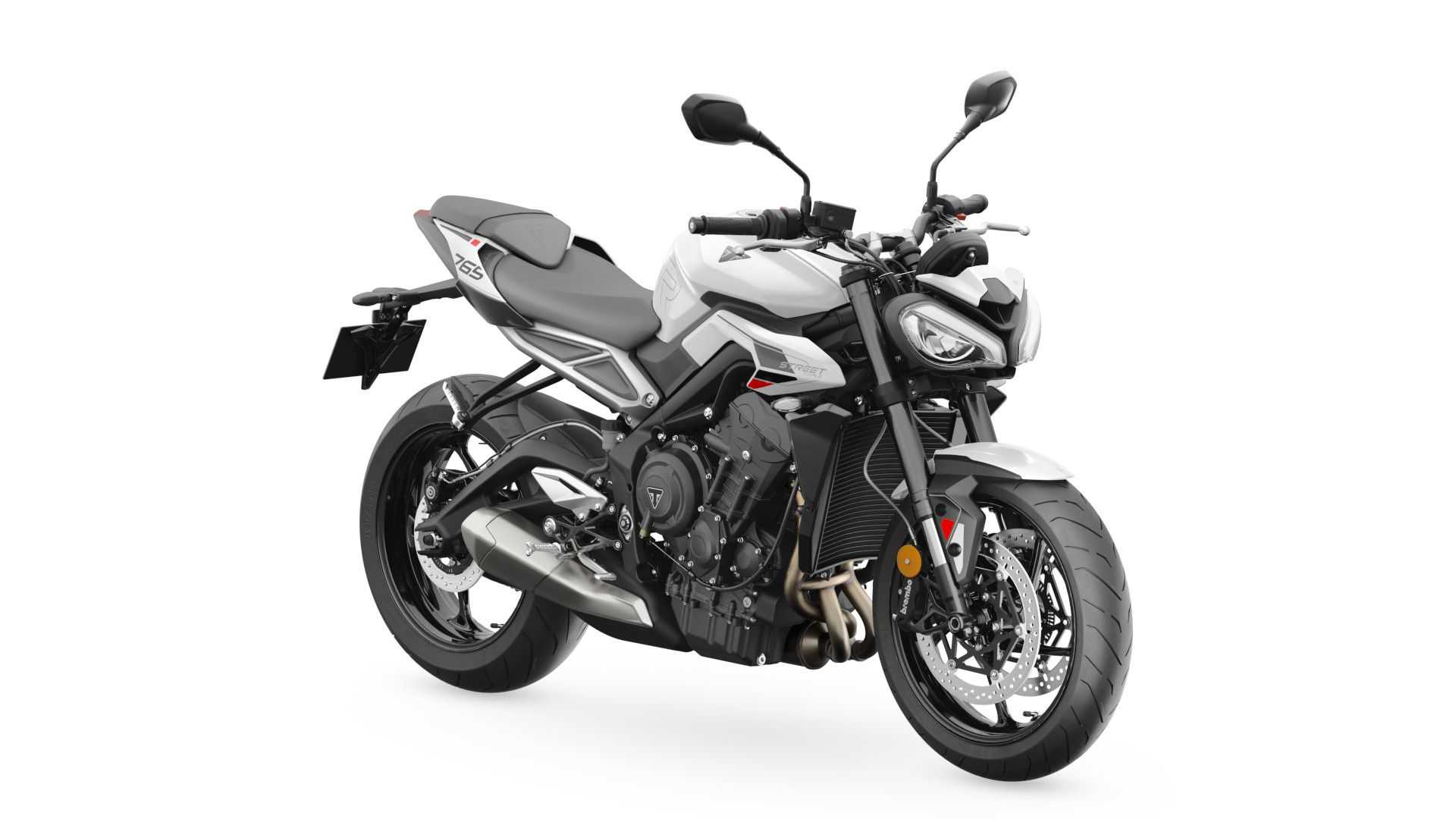Comparative Analysis
The 2% price increase announced by BMW India, effective January 1, 2024, is a strategic response to rising input costs and exchange rate fluctuations.
This hike applies to BMW’s entire model range, encompassing locally produced vehicles and imported models. Such an increase, while impacting the brand’s premium market segment, may not significantly alter its competitive positioning due to the lesser price sensitivity of its customer base.

However, the absolute financial impact is notable, especially for high-value models. This decision reflects wider economic challenges in the automotive industry and may influence future pricing strategies based on evolving market conditions.
BMW India Price Hike
Summary of BMW India Price Increase
Effective Date: January 1, 2024
Increase: Up to 2% across all models
Reason:
- Fluctuations in exchange rates
- Rising input costs
The range of vehicles impacted by this price hike includes BMW’s locally produced models, such as the BMW 2 Series Gran Coupe, BMW 3 Series Gran Limousine, BMW M 340i, BMW 5 Series, BMW 6 Series, BMW 7 Series, BMW X1, BMW X3, BMW X5, BMW X7, and the MINI Countryman.
Additionally, the increase will affect the prices of imported performance models and electric vehicles (EVs) that are brought to India as completely built units (CBUs). These include the BMW Z4, BMW M4 Coupe, BMW X3 M40i, BMW X4 M40i, BMW M5, BMW M8 Coupe, BMW XM, and EVs like the BMW iX1, BMW i4, BMW i7, and BMW iX.
BMW 2024 Price Increase
Key Analysis
The announced 2% price increase by BMW India, effective January 1, 2024, is a strategic decision influenced by multiple economic factors. Here’s a key analysis of this decision:
- Impact of Economic Factors: The price hike is primarily driven by rising input costs and fluctuations in exchange rates. Rising input costs can be due to increased prices of raw materials, labour, and other production-related expenses. Exchange rate fluctuations affect the cost of imported components and vehicles, which is significant for a brand like BMW which imports several models and components.
- Scope of Price Increase: The increase spans BMW’s entire model range, including both locally produced models and imported CBUs. This broad application suggests a general upward trend in operational costs rather than isolated increases in specific segments.
- Market Positioning: BMW operates in the premium segment of the automotive market. The price increase, while impacting sales to some extent, may not drastically alter its market positioning. Customers in this segment are often less price-sensitive and more driven by brand value, quality, and prestige.
- Competitive Landscape: The decision could impact BMW’s competitive standing, especially if rivals do not implement similar hikes. However, it’s common in the automotive industry for manufacturers to adjust prices in response to economic conditions, so competitors may follow suit.
- Customer Perception: Regular customers and potential buyers might perceive this increase as a response to inevitable economic pressures. However, BMW will need to balance this with maintaining the perceived value and appeal of its vehicles.
- Financial Implications: For high-value models like the BMW XM, a 2% increase represents a significant absolute amount (e.g., ₹5 lakh on a ₹2.6 crore vehicle). This could affect the decision-making of customers at the higher end of the market.
- Future Outlook: If the economic conditions stabilise, BMW might not need further hikes shortly. However, ongoing volatility in input costs and exchange rates could lead to additional adjustments.
Luxury Car Market India
Impact on BMW Enthusiasts
The 2% price increase announced by BMW India will have several implications for BMW enthusiasts:
- Financial Consideration: Enthusiasts might need to reassess their budgets for purchasing new BMW models. The price hike, especially for high-end models, could translate into a substantial increase in absolute terms. This may lead some enthusiasts to delay purchases, opt for lower-priced models, or consider pre-owned BMWs.
- Brand Loyalty and Perception: Loyal BMW customers, often attracted by the brand’s prestige, quality, and performance, might be willing to absorb the cost increase. However, some enthusiasts might perceive the hike as a strain, especially if it’s seen as surpassing the value offered by the vehicles.
- Comparative Market Analysis: The price increase could lead enthusiasts to compare BMW more closely with competitors. If rival brands do not implement similar hikes, BMW might lose some potential buyers to other luxury car manufacturers.
- Impact on Imported Models and EVs: The price hike might significantly affect the cost of imported performance models and electric vehicles (EVs), which are already priced at a premium. This could slow down the adoption of these models among enthusiasts, particularly if comparable options are available at lower prices.
- Aftermarket and Pre-Owned Market: There might be an increased interest in the pre-owned BMW market, as enthusiasts look for more budget-friendly options. The aftermarket scene could also see growth, with owners opting to enhance existing vehicles rather than purchasing new ones.
- Long-Term Brand Enthusiasm: While short-term impacts are likely, the long-term enthusiasm for BMW among its fans may remain stable, especially if the brand continues to deliver in terms of innovation, performance, and luxury, which are key drivers for this audience.
- Anticipation of Future Models: Enthusiasts might now have heightened expectations for future models, anticipating significant improvements or new features that justify the increased costs.
While the price increase may affect the decision-making of BMW enthusiasts, the brand’s strong market positioning and loyal customer base might mitigate the long-term impact of this change.
BMW Enthusiasts India
Pros and Cons of BMW India’s Price Increase
| Pros | Cons |
|---|---|
| Improved profitability for BMW India | Lower sales volume |
| Increased brand value | Increased competition |
| Reduced supply chain pressure | Negative customer perception |
| Investment in new technology | Reduced affordability |
| Maintaining market share | Economic uncertainty |
Conclusion
Overall, this price increase by BMW India reflects a response to global economic pressures, affecting the entire automotive industry. While it may influence customer decisions and competitive dynamics, it’s a necessary measure to sustain business operations and margins in a challenging economic environment.
To illustrate the impact of this price increase, the BMW XM, which is reportedly the brand’s most expensive car in India, priced at approximately ₹2.6 crore (ex-showroom), will see an increase of around ₹5 lakh following the hike.
The exact details of the price increase for each model will be disclosed by BMW India towards the end of the year.
For BMW enthusiasts considering a purchase, it’s advisable to evaluate your options carefully in light of the upcoming 2% price increase effective January 1, 2024. If you’re planning to buy a new BMW model, consider advancing your purchase before the price hike takes effect.
Alternatively, explore the pre-owned BMW market for more budget-friendly options without compromising on the brand experience. It’s also a good time to compare BMW models with competitors to ensure you’re making an informed decision. Stay informed about future model releases and updates from BMW, as these might offer new features or improvements that justify the increased costs. Above all, align your choice with both your passion for the brand and your financial considerations.





































